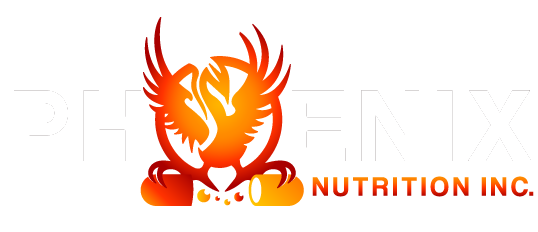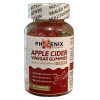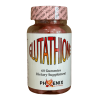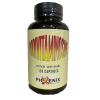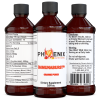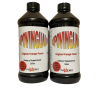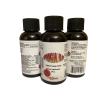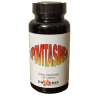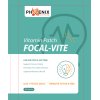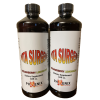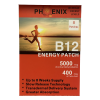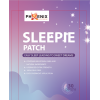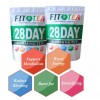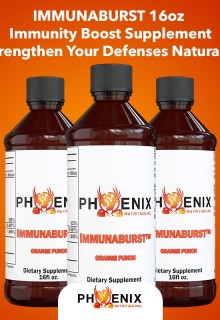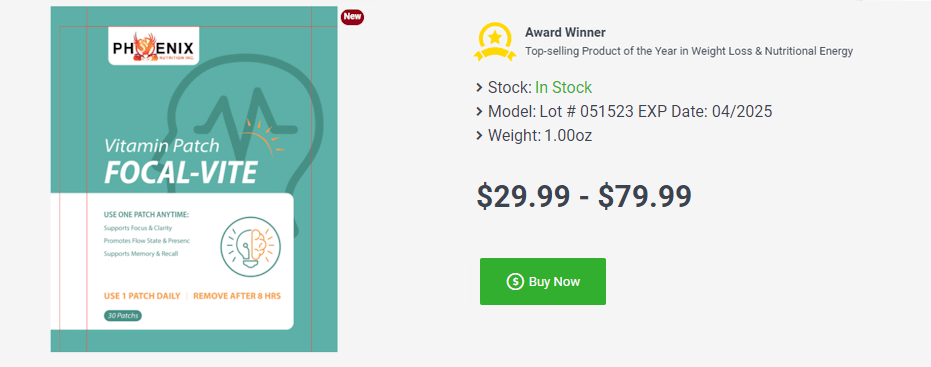Focus aids are tools, techniques, or substances that help individuals enhance their concentration and attention. They are becoming increasingly popular in a world that is filled with distractions. Focus aids help people stay attentive and alert by stimulating the brain cells responsible for focus.
One of the most common types of focus aids is caffeine. Caffeine is a natural stimulant found in coffee, tea, chocolate, and other foods. It helps to increase alertness and can improve cognitive performance by improving reaction time and reducing mental fatigue. However, it is important to use caffeine in moderation because too much can cause jitteriness and disrupt sleep.
Another type of focus aid is meditation. This ancient practice involves training the mind to become more focused on the present moment while also increasing relaxation levels. Meditation has been shown to have numerous benefits such as reducing stress levels, boosting creativity, and improving overall well-being.
However, there exist various other types of focus aids, and the ones that are more commonly used today are called focus patches. These patches are known to provide mental energy and improve the concentration of individuals losing focus and memory.
Focal Vite: A Type of Focus aid that comes in Focus Patch Form
Focal-Vite Enhance Your Focus Instantly. It is made up of ALL Natural ingredients and is safe and effective. They are a form of Peel-And-Stick Focus Improving Patches that are very easy to use. Therefore it keeps you active and alert and improves awareness by staying focused and on top of your game! For more details check the product below:
Other Forms of Focus Aids
Focus aids can be especially beneficial for those with conditions such as attention deficit hyperactivity disorder (ADHD), but they can also be used by anyone who wants to boost their focus or concentration. Also, Focus aids can come in a variety of forms, including:
- Software Tools: These include time management and productivity apps, such as task organizers, timers (like Pomodoro), or apps that block or limit time spent on distracting websites
- Physical Tools: Some people find tangible items, like fidget toys, to be helpful in maintaining focus. For example, stress balls or fidget spinners can provide a small, repetitive physical activity that helps to keep the brain engaged
- Meditation and Mindfulness Practices: Techniques such as meditation and mindfulness exercises can help train the brain to stay focused and eliminate distractions. This can be done through traditional practices, or with the help of apps designed to guide you through mindfulness exercises
- Nootropics: These are substances that may improve cognitive function, particularly executive functions, memory, creativity, or motivation, in healthy individuals
- Environment Design: Creating a workspace that's free of distractions, comfortable, and conducive to focusing can be a great aid. This could mean decluttering your desk, adding noise-canceling headphones to block out external noise, or using ambient sound machines
- Physical Activity and Exercise: Regular physical activity has been shown to have various cognitive benefits, including improved concentration
- Nutrition and Hydration: A balanced diet and staying hydrated can significantly impact your ability to focus. Certain foods are known to boost brain health, such as those rich in omega-3 fatty acids
- Sleep: Good sleep hygiene is essential for cognitive function. Lack of adequate sleep can impair concentration and memory
- Cognitive Behavioral Techniques: These methods involve working with a mental health professional to learn strategies for improving focus and reducing distractions
These aids work differently for different people, so it's important to try out various methods to see what works best for you. It's also important to remember that while focus aids can help improve concentration, they're not a substitute for proper rest, a healthy lifestyle, or professional help if you're struggling with a serious attention disorder.
How to find the right focus aid for yourself?
It's no secret that many people struggle with maintaining focus throughout the day. Whether it's because of distractions at work or school, or simply a lack of motivation, staying on task can be challenging. Fortunately, there are many different focus aids available that can help improve concentration and productivity.
When it comes to finding the right focus aid for you, it's important to consider your individual needs and preferences. Some people may find that caffeine is helpful in boosting alertness and energy levels, while others may prefer natural supplements like focus patches or pills. It's also worth trying out different types of activities like meditation or yoga to help calm the mind and reduce stress.
Ultimately, the key to finding the best focus aid for you is experimentation and self-awareness. Pay attention to how different methods impact your ability to stay focused and productive throughout the day. However, here are some steps you can follow to find the right focus aid:
- Understand your distractions
- Consider different types of distractions
- Try different focus aids
- Consult a professional
- Maintain healthy habits
Also remember, everyone is unique and what works for one may not work for another. So, it's important to take the time to experiment and find out what is suitable for you.
Conclusion
Focus aids are a type of medication designed to help individuals with attention deficit hyperactivity disorder (ADHD) or other conditions that affect concentration and focus. These medications work by increasing the levels of certain neurotransmitters in the brain, such as dopamine and norepinephrine, which play a crucial role in regulating attention, motivation, and behavior.
There are several types of focus aid medication available on the market today, including stimulants like Ritalin and Adderall, non-stimulant medications like Strattera and Intuniv, and combination drugs that contain both stimulant and non-stimulant components. Each type of medication has its own benefits and drawbacks depending on a person's unique needs, medical history, and lifestyle.
